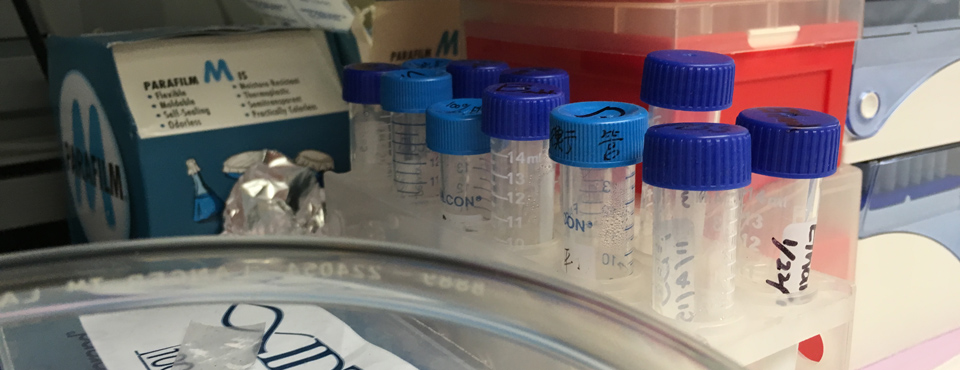How Pet Diagnostics Improve Wellness for Cats and Dogs
How Pet Diagnostics Improve Wellness for Cats and Dogs
Blog Article
Supporting your pet’s medical needs helps them thrive. Pet health labs specialize in pet health testing for companion animals.
This article, we’ll break down how veterinary labs help maintain pet health, what tests they offer, and why these labs are invaluable for your pets’ health.
Understanding the Role of Veterinary Testing Centers
Veterinary testing facilities focus on examining health conditions in pets. They support veterinarians to develop effective treatment plans.

How they work commonly consists of:
- Animal sample gathering: Blood, urine, feces, or tissue samples are gathered for analysis.
- Sample examination: Sophisticated machines interpret the findings.
- Results interpretation: The lab delivers insights to the veterinarian for tailored medical advice.
Common Veterinary Tests for Pets
Pet diagnostic centers conduct a range of diagnostic procedures to monitor their well-being. Some of the most common tests include:
- Blood tests: Identify infections.
- Bladder health evaluations: Evaluate hydration levels.
- Digestive system checks: Ensure proper digestion.
- Allergen identification: Identify environmental triggers.
- Advanced imaging techniques: Spot tumors.
The Benefits of Veterinary Diagnostics
Ongoing health monitoring is critical to detecting issues early. Timely diagnosis gives your pet the best chance at recovery.

Some key benefits include:
- Effective treatment plans: Early interventions for your pet’s needs.
- Peace of mind for pet owners: Regular testing ensures clarity.
- Cost savings over time: Early detection reduces long-term expenses.
laboratorio veterinario conselheiro moreira de barros
Why Veterinary Testing is Essential for Cats and Dogs
Scheduling routine tests for your pets ensures their longevity. Veterinary labs offer critical support to ensure optimal health.
Schedule a diagnostic test today to help them live a long, happy life!
Report this page